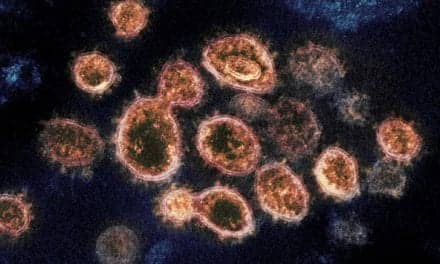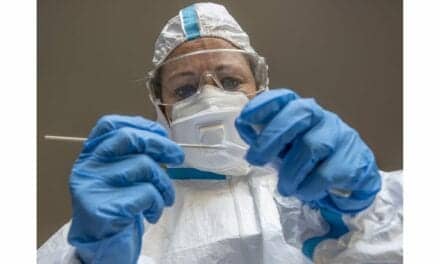Scientific American takes an in-depth look at the United States’ mistakes—including sidelining experts and flawed testing—and successes—including vaccines—in its response to the covid-19 crisis.
As the country raced to react to this new and terrifying scourge, mistakes were made that together cost hundreds of thousands of lives. Yet the tireless efforts of health care workers, along with an unprecedented vaccine push, have saved countless others. Scientific American interviewed scientists and public health experts about the biggest mistakes in the U.S.’s response, some of the key successes and the lingering questions that still need to be answered.
Slow and flawed testing. The CDC developed its own test for the virus rather than employing a German-developed one used by the World Health Organization. But the CDC test was flawed, causing a deadly delay while scientists worked out the problem. The agency was not designed to produce tests at the scale needed to spot the infections as they silently spread through the population. Meanwhile the Food and Drug Administration was slow to approve tests made by private companies, says Caitlin Rivers, an epidemiologist at the Johns Hopkins Center for Health Security. She also says the earliest criteria for getting a test were too stringent—one often had to have been hospitalized with severe symptoms and have recently traveled to a “high-risk” area. As a result of these hurdles, the virus spread undetected for weeks.
Read more in Scientific American.





